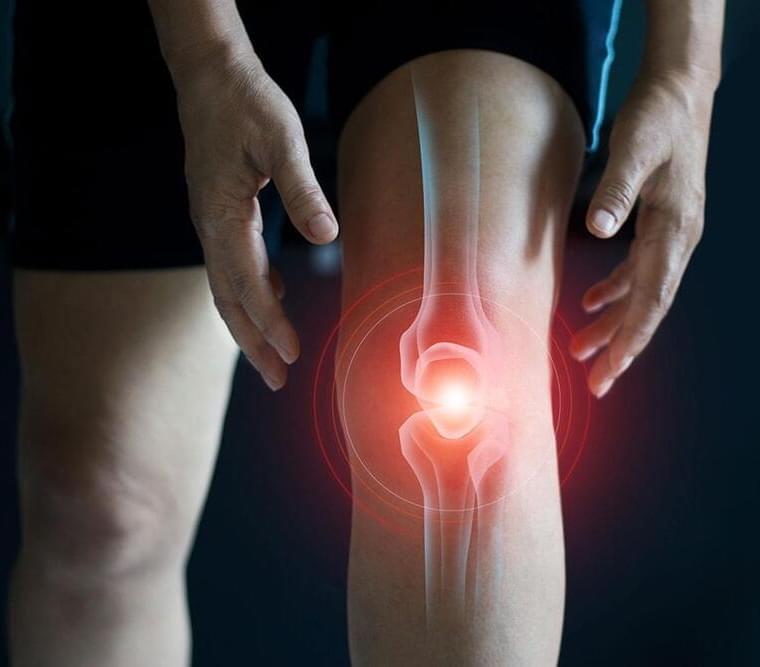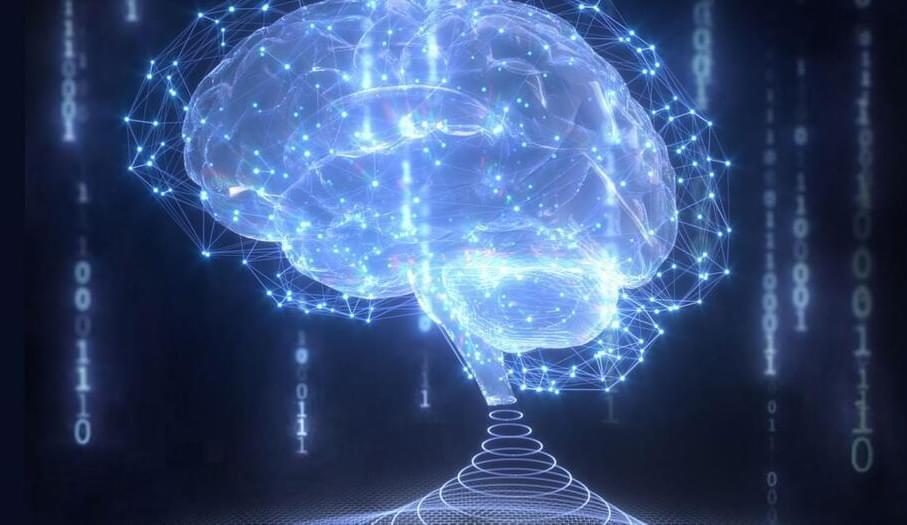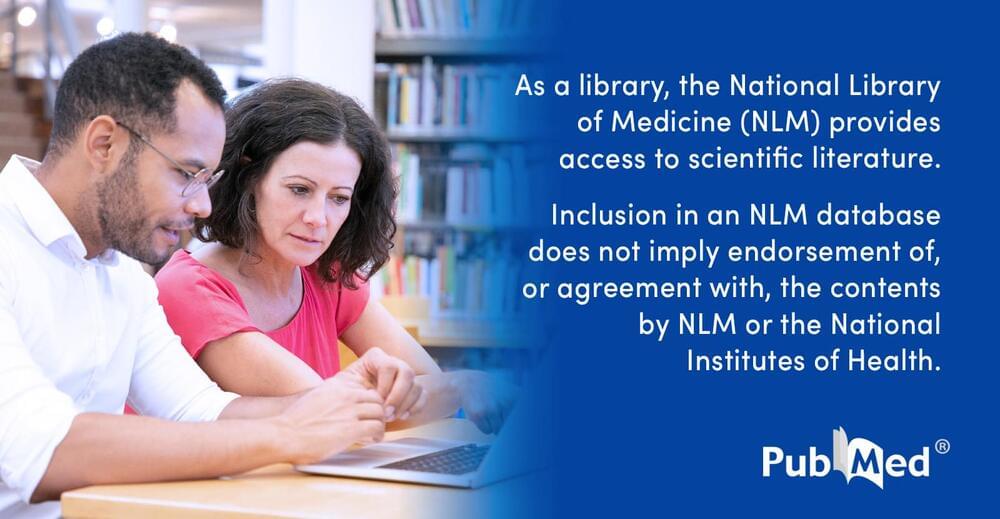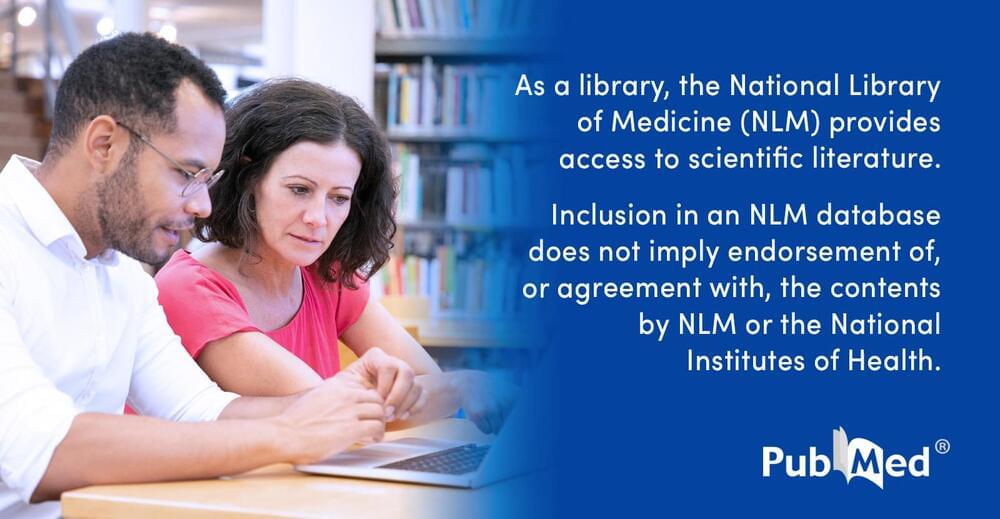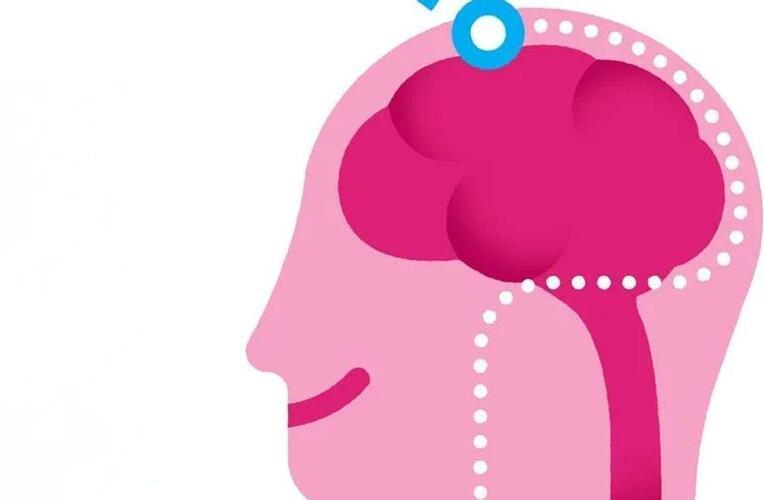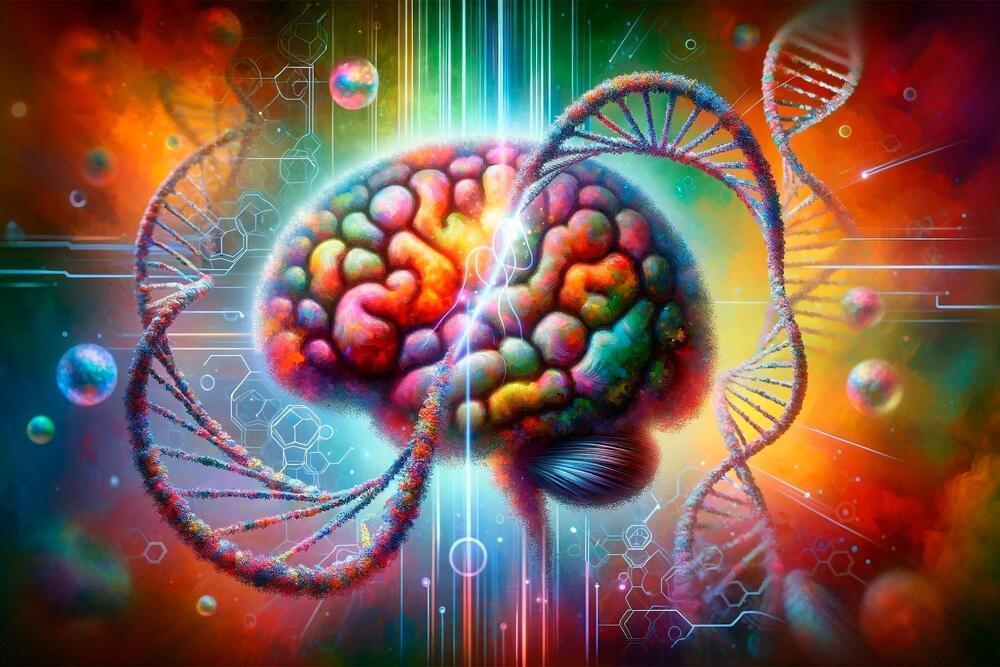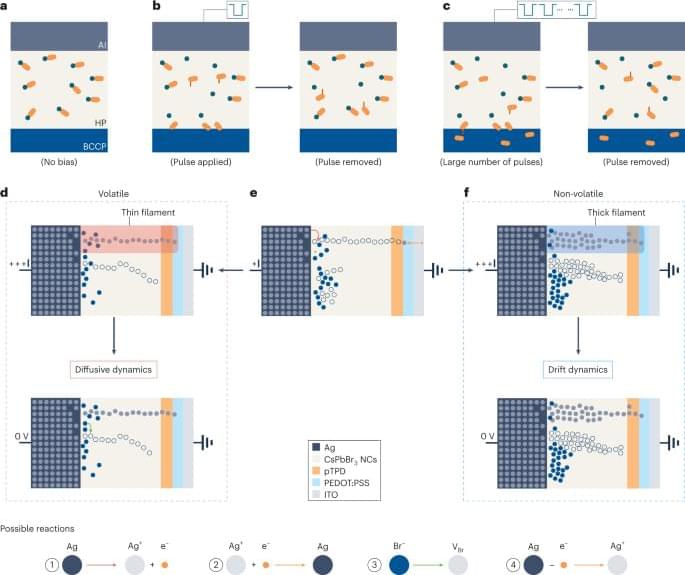Persistent chronic inflammation – also recognized as metaflammation or inflammaging – emerges as a consistent factor in ailing populations, in conditions correlated with age-related deterioration and even in ostensibly robust individuals. This phenomenon has been correlated with the onset of autoimmune disorders such as psoriasis and lupus, as well as chronic diseases including diabetes, cardiovascular disease, Alzheimer’s and Parkinson’s, among others. Investigations have substantiated that environmental and lifestyle variables such as smoking, a poor diet, physical inactivity and lack of or poor quality sleep can contribute to the perpetuation of chronic underlying inflammation.
Nicotinamide adenine dinucleotide (NAD+) is a critical coenzyme; vital for the functionality of all living cells, the preservation of intracellular NAD+ pools plays a crucial role in supporting cellular and metabolic processes. Key among these processes is the production of cellular energy, adenosine triphosphate (ATP), and DNA repair. Research indicates that a decrease in NAD+ levels is linked to compromised inflammatory responses and innate immune dysfunction. This implies that the levels of NAD+ may play a critical role in the operational efficacy of immune cells.
NR is an efficient NAD+ precursor; clinically proven to increase NAD+ safely and effectively it has become a popular supplement, and there is a growing body of clinical evidence demonstrating the anti-inflammatory effects of NR supplementation (either alone or in combination with other ingredients) for healthy, older adults, or those with inflammation-related disorders [4]. Indeed, NR supplementation has potential for more robust effects among the elderly and diseased populations as they tend to have compromised NAD+ and a higher inflammatory status.
